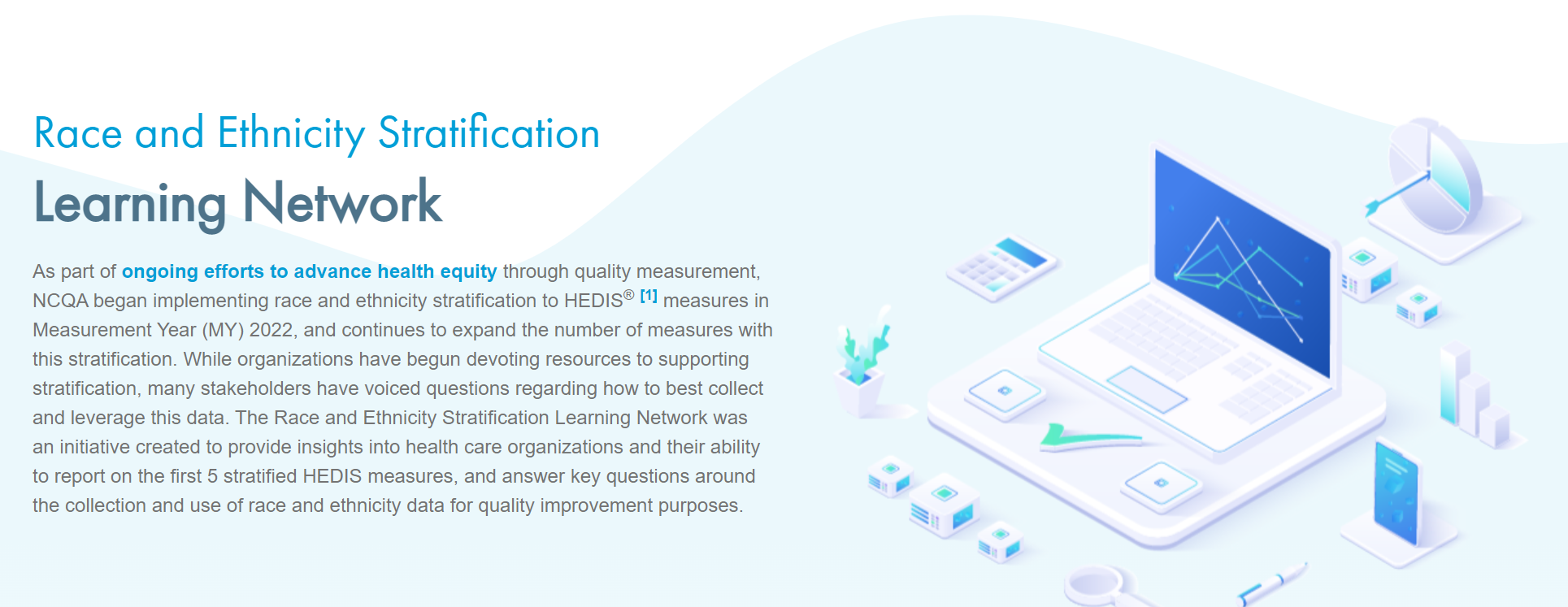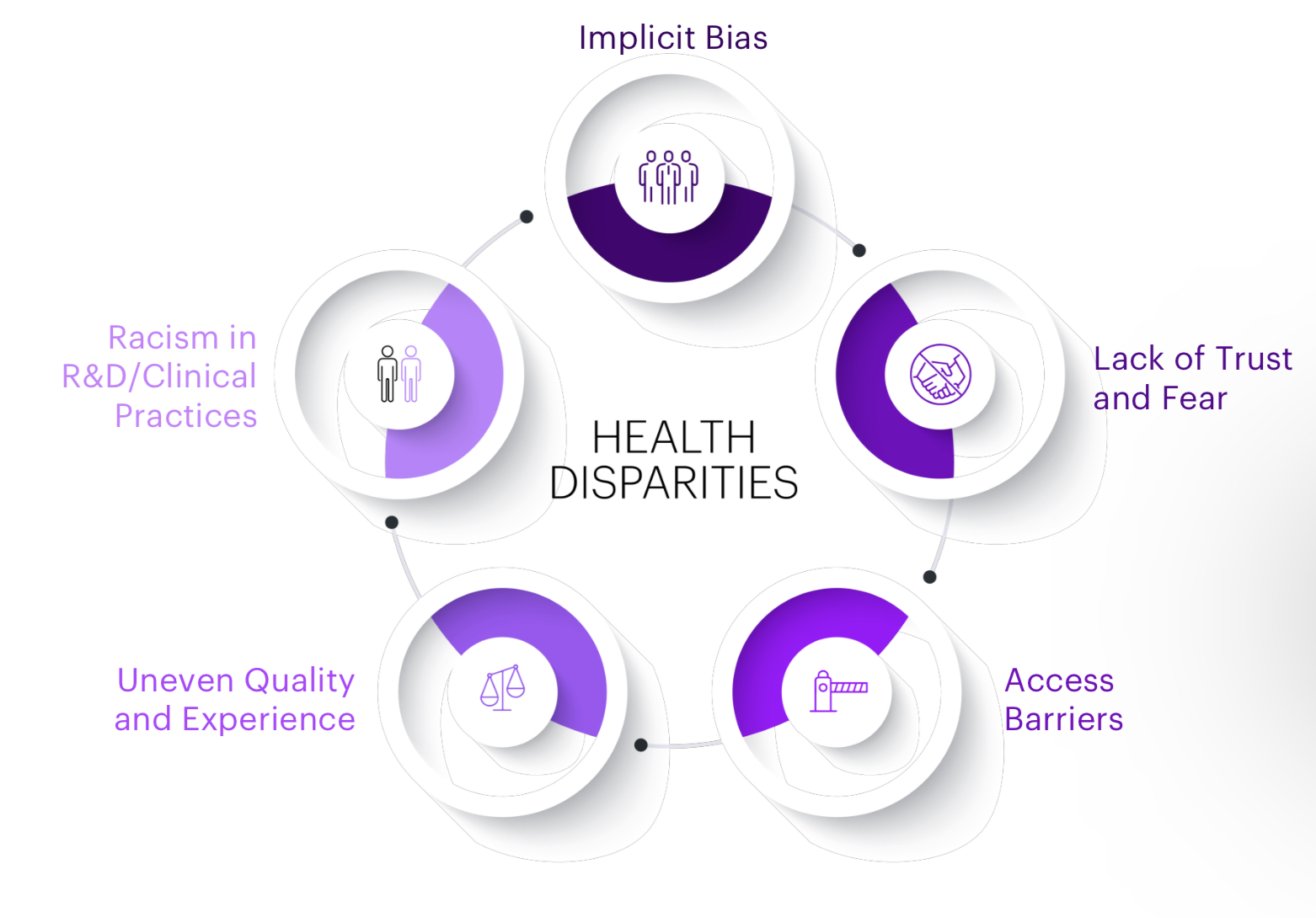What You Should Know:
Operational limitations—such as staffing shortages, variable patient flow, and poor visibility into resource availability—can make it difficult for healthcare organizations to effectively manage their capacity, leading to volatile workloads that see resources either under- or over-utilized. Some organizations are using capacity optimization management technology, which includes artificial intelligence (AI) and machine learning (ML), to collect data that can improve
Read More
data analytics
The Importance of Decoding Health Data to Every Organization
To the observant onlooker, data is everywhere. From spending habits to hospital visits, humans are walking treasure troves of information. As technology has exponentially improved in the last 20 years, so has the collection of data. In 2010, a mere two zettabytes of data were created, captured, copied, or consumed. In 2020, estimates put that number at 79 zettabytes.
Data collection goes hand-in-hand with the revolution of the Information Age — since the 1970s, unprecedented digital
Read More
How AI Can Deliver Benefits in Healthcare Manufacturing and Patient Device Usage
According to Grand View Research, the global artificial intelligence (AI) in the healthcare market size was valued at USD 15.4 billion in 2022 and is expected to grow at a compound annual growth rate (CAGR) of 37.5% from 2023 to 2030, to reach an estimated USD 208.2 billion. That’s an impressive growth rate, indicating the expected value delivery to a mostly early-phase adoption of AI in the healthcare marketplace. With such aggressive predicted growth, many health industry professionals
Read More
Consumer Trust: How Healthcare Organizations Can Build Confidence with AI
Trust is a vital component of healthcare. It impacts whether someone shows up for a doctor’s appointment, follows their treatment plan, or plays an active role in their health.
But building trust doesn’t just happen at the front counter, inside the doctor's office, or in face-to-face interactions. Increasingly, consumers are interacting with their health plans through online and mobile touchpoints — and these virtual experiences are no less crucial to building trust than in-person
Read More
NCQA Launches Race and Ethnicity Stratification Learning Network
What You Should Know:
- The National Committee for Quality Assurance (NCQA) today launched the Race and Ethnicity Stratification Learning Network, a free, interactive, online tool that offers data and best practices to help health plans improve how they collect race and ethnicity data on their enrollees. Improving data collection of race and ethnicity data is vital to improving health equity.
- The data available in this new resource summarize the care of 20 million people
Read More
Arcadia Raises $125M to Expand Healthcare Data Analytics Platform
What You Should Know:
Arcadia, a healthcare data analytics company raises $125M from Vista Credit Partners and a strategic investor and financing partner focused on the enterprise software, data and technology market.Arcadia helps providers and health plans deliver actionable insights to advance care and research, drive strategic growth, and ensure financial success.The investment will accelerate Arcadia’s platform innovation and go-to-market strategy to meet the growing demand from
Read More
The Future of Digital Transformation in Hospitals
Hospitals are increasingly motivated to drive digital transformation in order to improve patient outcomes, reduce costs, meet regulatory requirements and stay competitive. Additionally, digital transformation can support medical research and drive innovation in healthcare, as well as generate new revenue streams. An increasingly important tool as hospitals undergo these transformations is federated learning, a technology that we will expand on later. Federated learning is a machine learning
Read More
5 AI-Driven Healthcare Trends and Solutions in 2023
Enterprise-level healthcare is a massive business sector with seemingly infinite moving parts. With patients’ lives at stake, liability is huge, leaving little room for error. Yet human error is common in healthcare, and minor mistakes can cost millions in legal fees and lawsuits, not to mention risks to patient health. Healthcare enterprises are quickly embracing artificial intelligence solutions to mitigate loss, streamline operations, improve efficiency, and enhance customer
Read More
Accenture Report Reveals Staggering Health Inequities and the Role of US Healthcare Ecosystem in Addressing Them
What You Should Know:
- Health equity – or the lack thereof – is one of the biggest challenges facing US healthcare organizations today.
- A new report from Accenture, US health inequity: beyond the statistics, analyzes the role US healthcare ecosystem participants can play in addressing health inequities due to race and ethnicity. The statistics are staggering.
Analysing Key Trends Concerning Health Inequities
To understand the human and economic
Read More
17 Execs Share How Health IT Can Address Clinician Burnout, Staffing, & Capacity
Clinician shortage has reached a new level of urgency as we face rising demand and healthcare costs, according to a recent Accenture report. Healthcare workers are increasingly burned out and leaving the industry altogether in droves. Those who remain to do the work are overburdened. We ask seventeen healthcare IT executives for their insights on how health IT solutions could potentially help address clinician burnout, clinician staffing shortages, and deal with capacity.
Staffing levels
Read More










